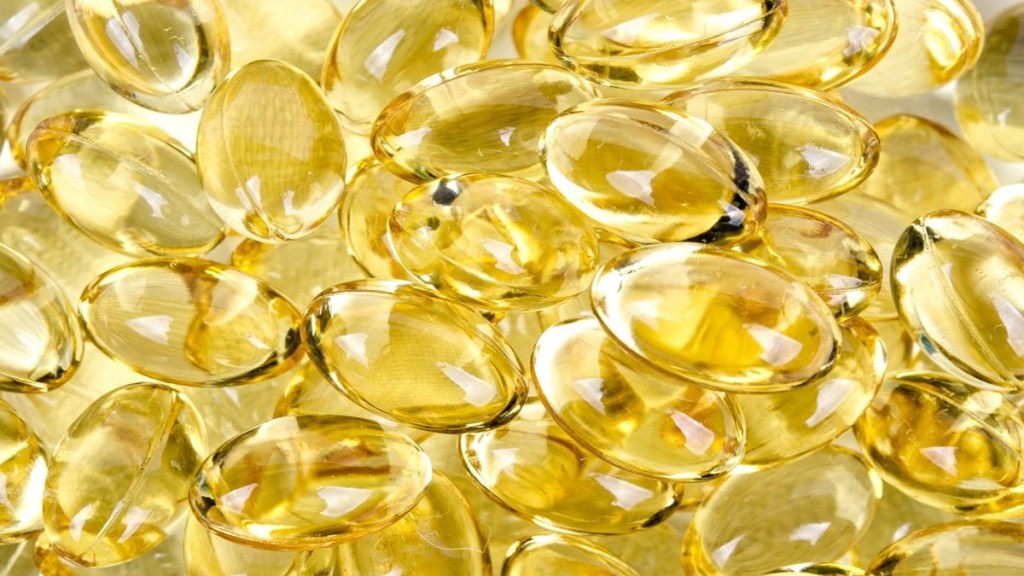If you are struggling to get the required vitamin D levels, you might suffer from vitamin D deficiency. Vitamin D deficiency can lead to several health issues like fatigue, frequent illness, anxiety, bone pain, and slower wound healing, among others.
According to a report by Healthline, vitamin D deficiency is typically defined as having blood levels below 20 ng/mL, while levels from 21–29 ng/mL are considered insufficient.
It is noteworthy that vitamin D deficiency is one of the most common nutritional deficiencies worldwide. In most cases, vitamin D is treated with oral supplements. But how often should you take these supplements?
Should you take vitamin D daily or weekly?
Health experts maintain that adults aged 19–70 should regularly take 15 micrograms (mcg), or 600 international units (IU), of vitamin D per day. According to a report by Health, most experts recommend smaller daily doses. You can take either a vitamin D2 or D3 supplement, but D3 increases levels more than D2. Meanwhile, some experts also recommend large doses of vitamin D administered weekly.
A 2023 review revealed that very high weekly dosages (up to 21,000 IU) reduced intensive care unit (ICU) hospitalization and death in people with COVID-19. Another 2018 study found that pregnant people deficient in vitamin D3 received either 1,000 IU daily or 50,000 IU weekly and the group that received the high weekly dose had no adverse side effects and higher blood levels of vitamin D after 10 weeks.
For some people, a higher weekly dosage is warranted, but most people who require vitamin D supplements need only a small daily dose. People with severe vitamin D deficiency might need a larger weekly dose for the short term.
How much vitamin D is needed?
The recommended amount of vitamin D to take daily for adults aged 19–70 is 15 micrograms (mcg), or 600 IU. You can get vitamin D in food and supplements. Interestingly, your body naturally makes vitamin D when you are exposed to the sun. Some of the important food sources of vitamin D include beef liver, cheese, and fatty fish.

